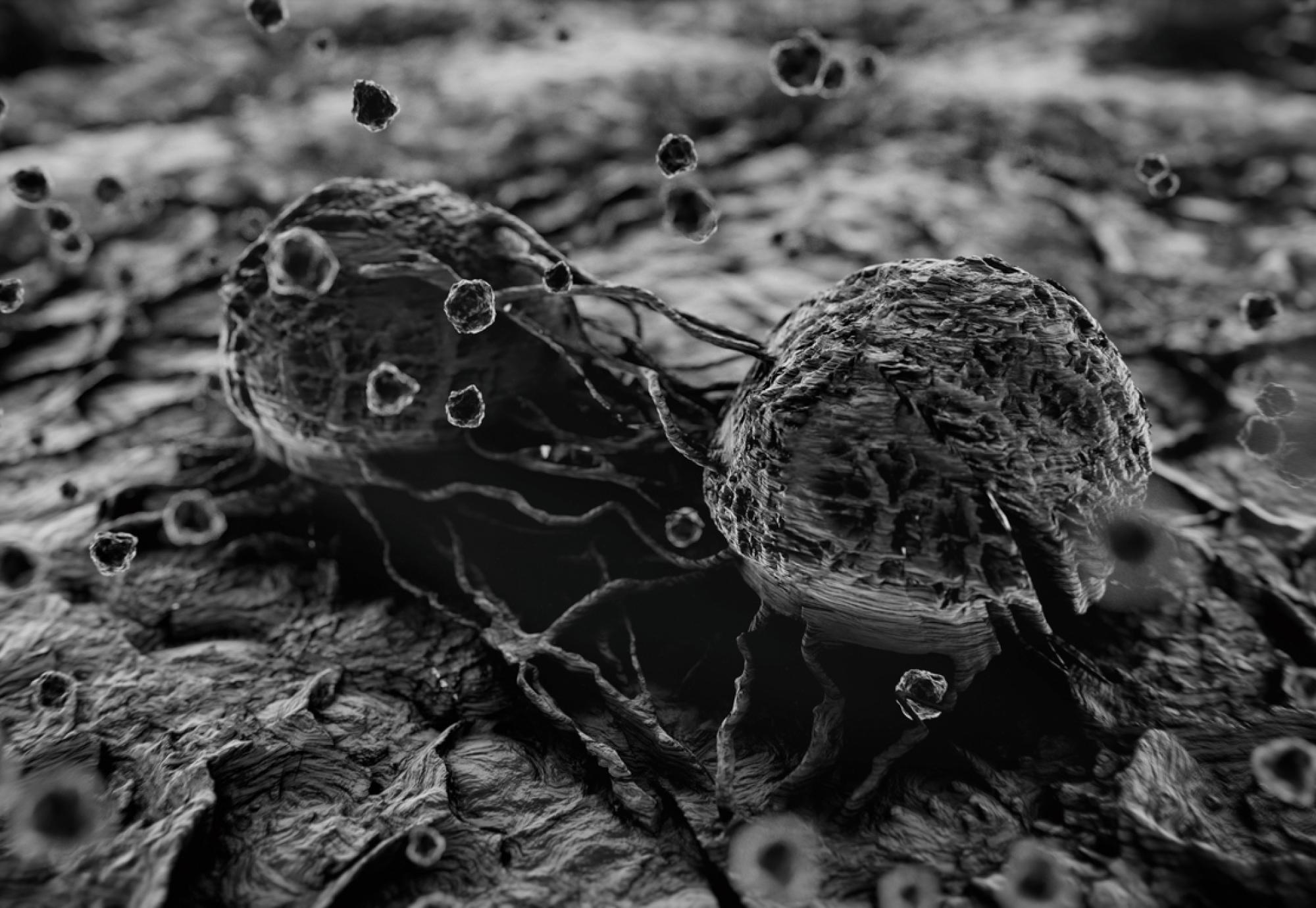King’s College Hospital have begun a phase 4 clinical trial investigating the effectiveness of “liquid radiotherapy” for patients with skin cancer, becoming the first centre in the UK to do so.
The EPIC-Skin study is evaluating the use of rhenium radionuclide therapy against non-melanoma skin cancer – the UK sees almost 150,000 new cases of non-melanoma skin cancer every single year, with more than 7.7 million recorded globally.
As part of the innovative one-off treatment, clinicians will position a barrier material, similar to cling film, on the cancerous lesion. Liquid radiotherapy is then applied to the lesion, penetration both the material and skin targeted beneath.
The standard treatment for this type of cancer is surgical removal, which risks scarring and loss of function. Rhenium radionuclide therapy however, protects neighbouring healthy tissue by using a non-invasive paste that contains beta-emitting particles that target the cancer cells directly.
The new treatment will only be used on patients for who conventional treatment is unsuitable or have had recurrent issues with non-melanoma skin cancer.
Dr Nicola Mulholland, Consultant Nuclear Medicine Physician at King’s College Hospital and study Chief Investigator, said: “With rates of non-melanoma skin cancer on the rise globally, it is vitally important that new treatments are developed and tested. We are very pleased to be able to offer new therapies to patients involved in studies and trials, with the hope of advancing treatment for skin cancer."
Researchers will evaluate patients at study centres across Australia, Austria and Germany, as well as adult patients at King’s, where their progress will be monitored for approximately two years to see how well the treatment is working, and determine any possible side effects.
Dr Saqib Bashir, Consultant Dermatologist and Skin Cancer Lead at King's College Hospital, said: “When it comes to cancer research, it’s important to continually innovate. This study offers an opportunity to further investigate the efficacy of non-invasive epidermal radioisotope therapy.”
As well as testing its efficacy, the EPIC-Skin trial will also monitor things like patient quality of life, cosmetic impacts, and treatment comfort.



















